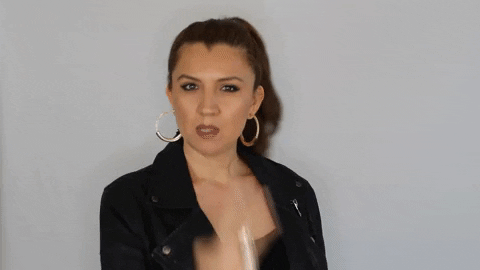Habit formation is widely touted as a pillar of self-improvement. Many best-selling self-help books have touched on this subject, if not focusing on it entirely. The appeal is understandable: you’ll make progress if you can automate good behaviour and throw a wrench into the machinery of bad habits.

But for many people, self-driven habit change comprises only part of the equation. It works well enough in the medium term, but new habits also tend to be metastable: a small shock or push threatens to break them down. Thus, despite attempts to tackle the habit-based angle of personal development, many of us find ourselves stuck.
The emotional burden we carry lies at the root of the issue. We must address these underlying issues before we can progress.
Steps to Address Emotional Baggage:
- Acknowledge the Past: Reflect honestly on experiences shaping your emotional state.
- Seek Support: Talk to trusted friends, join support groups, or consult a therapist.
- Practise Forgiveness: Letting go—whether forgiving yourself or others—is vital.
- Cultivate Mindfulness: Meditation and journaling can help process emotions.
- Set Boundaries: Protect your mental space by managing toxic influences.
Modes of thinking

Daniel Kahneman breaks down how our minds work into two modes in the book Thinking, Fast and Slow. Psychologists call them System 1 and 2 thinking. System 1 leans heavily towards automation. It allows us to make snap judgements and heuristic decisions with minimal effort or voluntary involvement. It’s a powerful mechanism that’s been evolved to enable our survival, but it can also be supplemented with learning.
System 2, on the other hand, requires us to concentrate and process complex decisions. It engages our attention and effort and is disrupted. Therefore, we often delegate most of our actions to System 1 and rely on System 2 only when faced with unusual or challenging situations. These modes of thinking tie into the challenges we face when attempting to effect lasting change in our lives.
Obstacles to change

A study on barriers to lifestyle change found that participants identified two main obstructions: old negative habits and emotional baggage from prior negative experiences.
When we strive to cultivate positive habits and eliminate negative ones, we aim to enhance the brain’s automatic functioning. We’re trying to add learnt, carefully selected behaviours to System 1 so that we can avoid invoking System 2 every time we try to do the right thing.
Emotional baggage prevents many people from achieving that goal. Unpleasant associations, often stemming from early childhood, can trigger the wrong responses through System 1 heuristics. Additionally, those same feelings of psychological distress can influence System 2 when we rouse it into action.
Developing self-awareness
How do people effectively resolve those deep-rooted personal issues? Although there is no universally applicable solution, a common approach involves engaging in conversations and cultivating self-awareness. It seems trite, but talk does lead to constructive solutions.
Social norms heavily influence default behaviours. Consider something as simple as baldness, which can affect one’s self-esteem. Nevertheless, baldness is more commonly encountered in men due to genetics and testosterone.
This might seem to make baldness a more significant problem among men, but because it’s normalised, men are more willing to talk about it and find solutions. Or they may discover it easier to accept it and age gracefully. The experience is different for the ladies. Effective hair loss treatments for women are available, but lack of discourse makes it more likely for individuals to suffer in silence or take the wrong course of action.
Emotional baggage works in the same way. Our norms discourage us from airing our laundry in public. We are instructed to maintain composure, persevere, and overcome challenges. While perseverance is commendable, if you fail to address the issues that are distorting your decision-making processes, you may find yourself circling around, if not straying from the correct path.
Become a self-manager
Self-awareness is one of the vital components of personal improvement. There are different behavioural choices we make, which lead to different outcomes. “Right” behaviour often contradicts our established habits or preferences, which is why actual lifestyle change is so hard to achieve.

Thus, the next step is to develop your skill of self-management. Once you’ve identified and understood the emotional burdens you’re carrying, it’s crucial to deliberately make choices that best align with your goals. System 2 thinking plays a crucial role in identifying situations that require change and implementing the necessary effort. Habits remain an essential part of this endeavour. In the end, you’ll still want to automate your behaviour so that System 1 can do the right thing and make wise decisions as much as possible.
By confronting your emotional baggage, you set the foundation for better habits to be laid down and lasting changes to take effect in your journey towards self-improvement.















